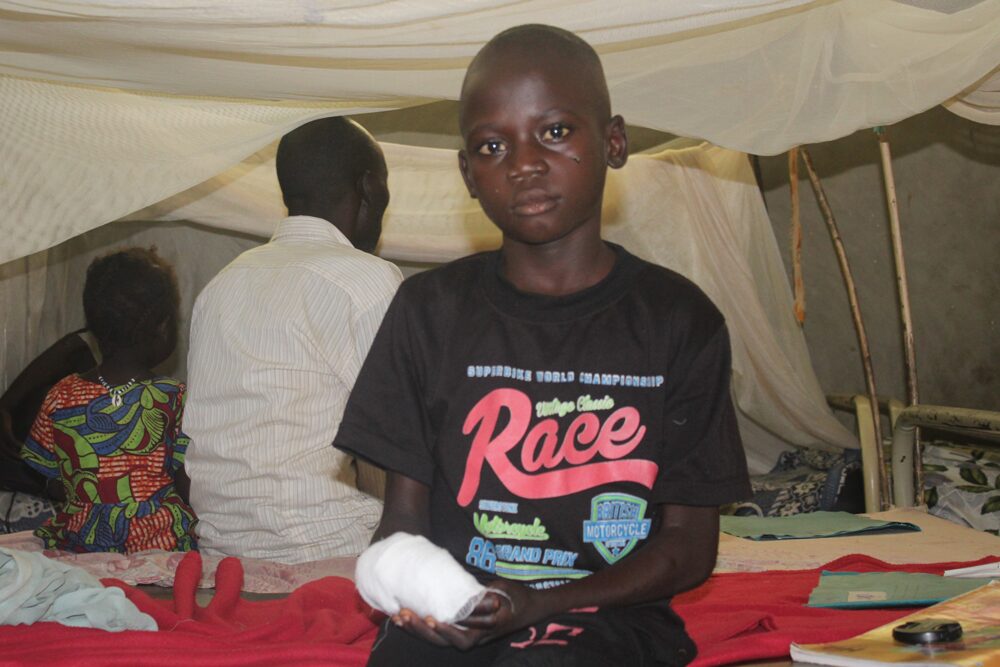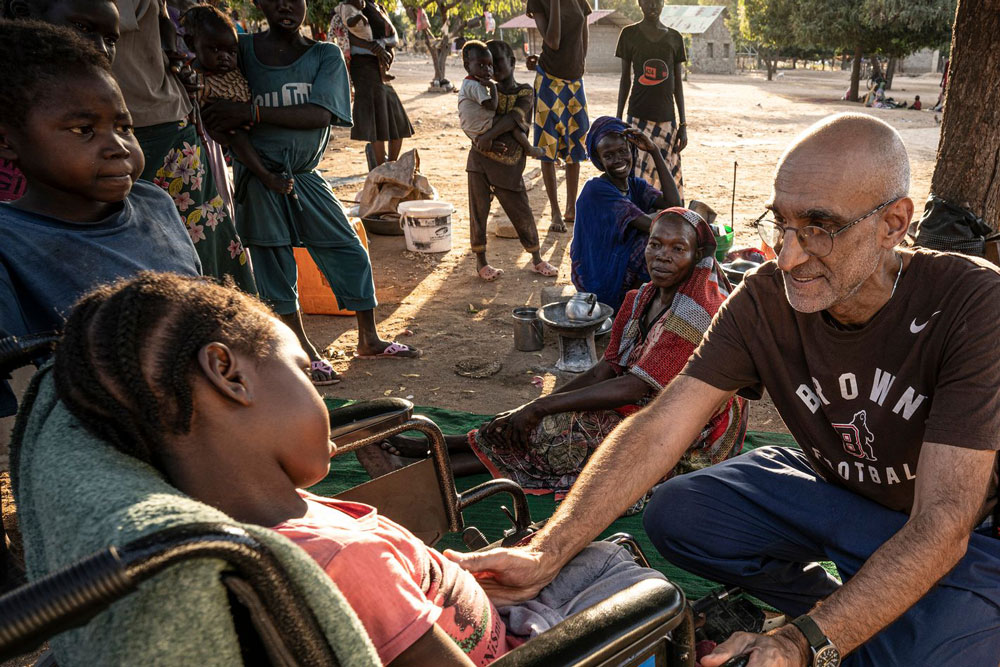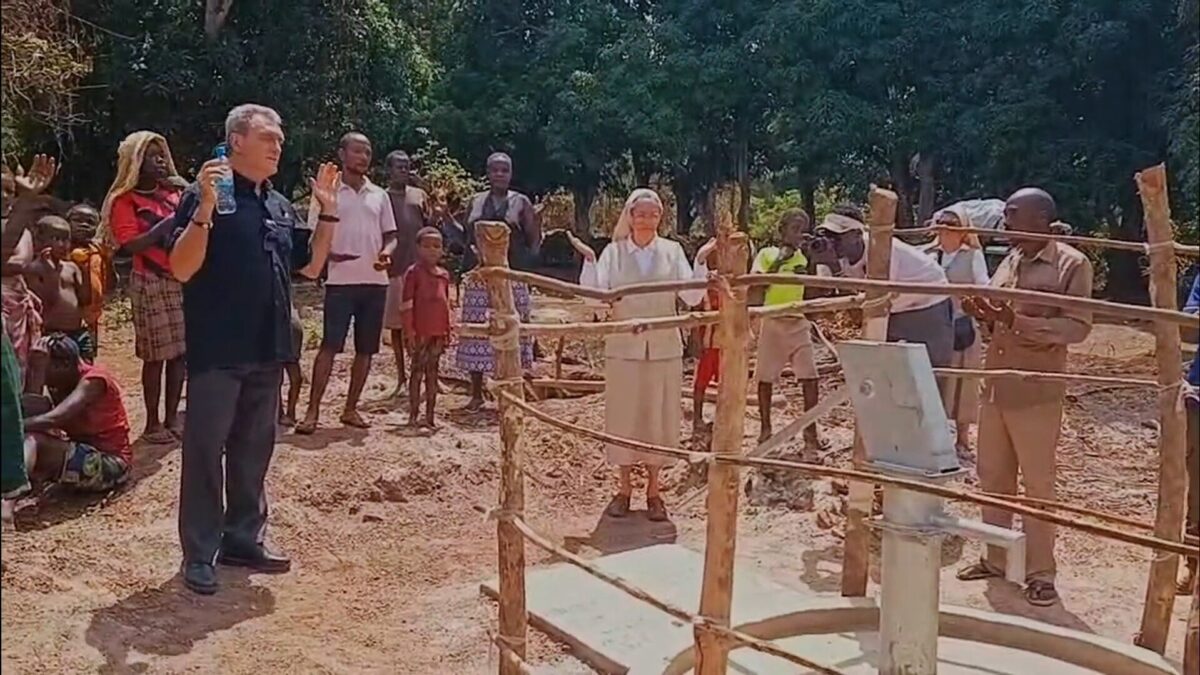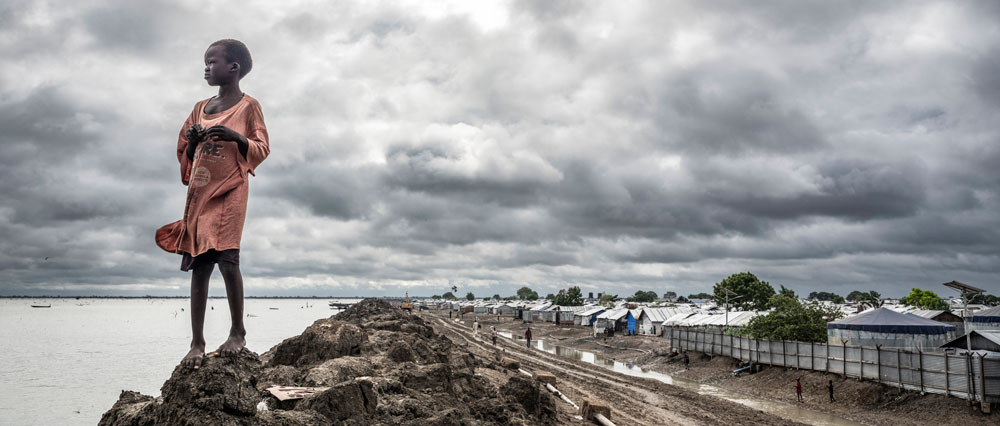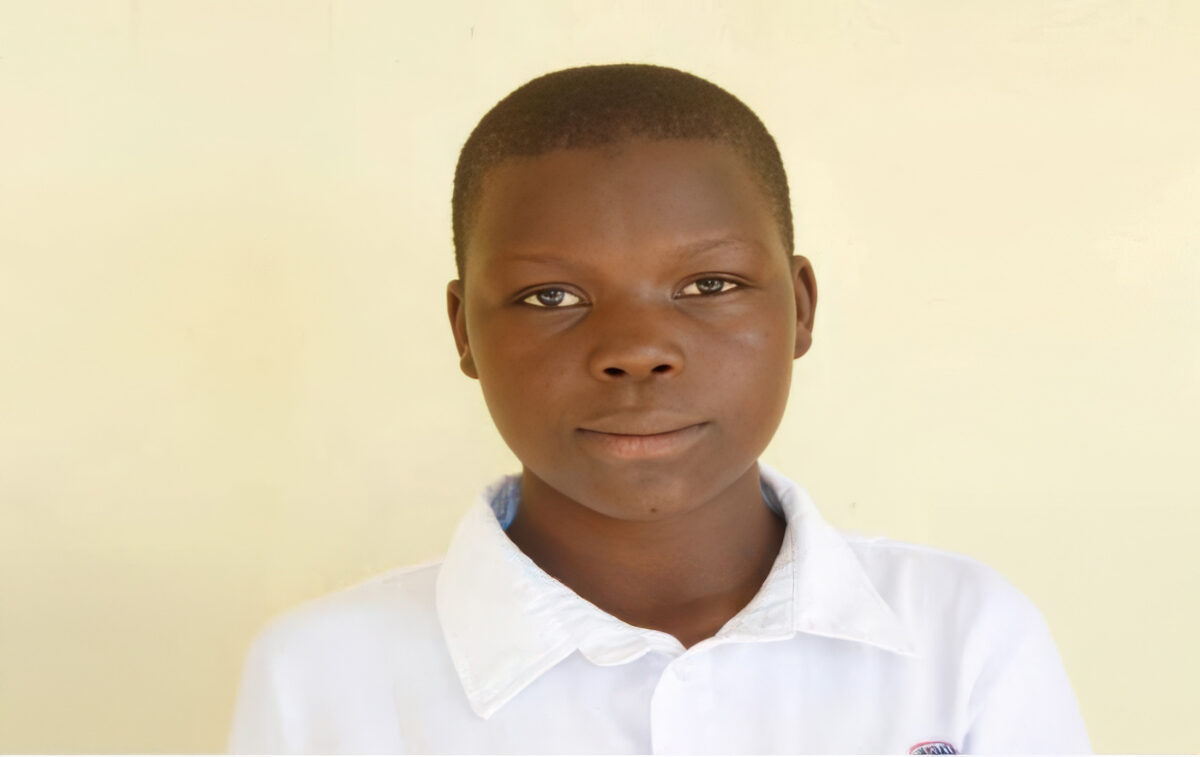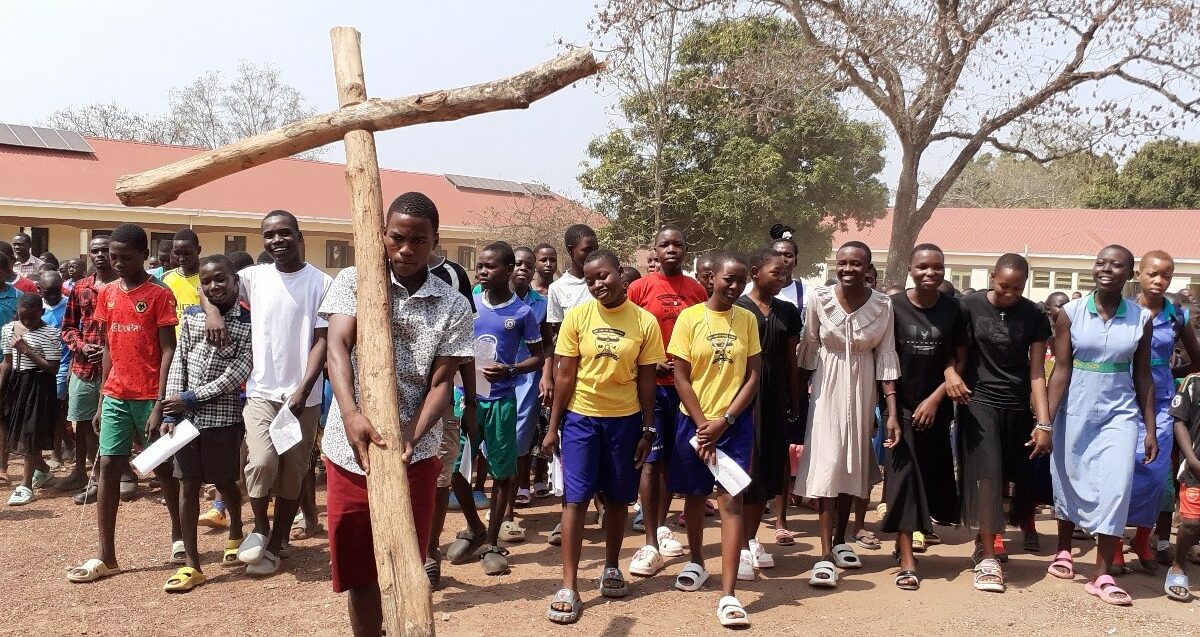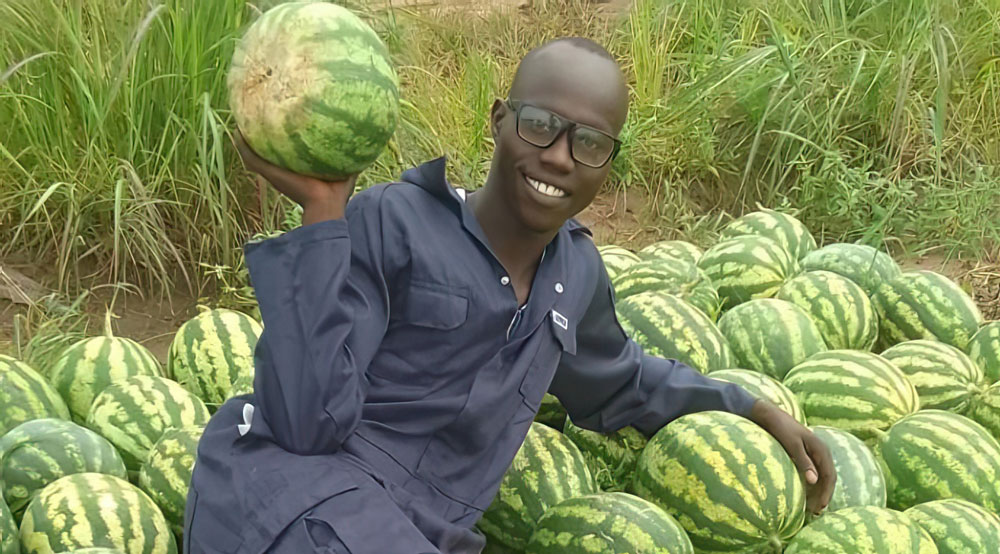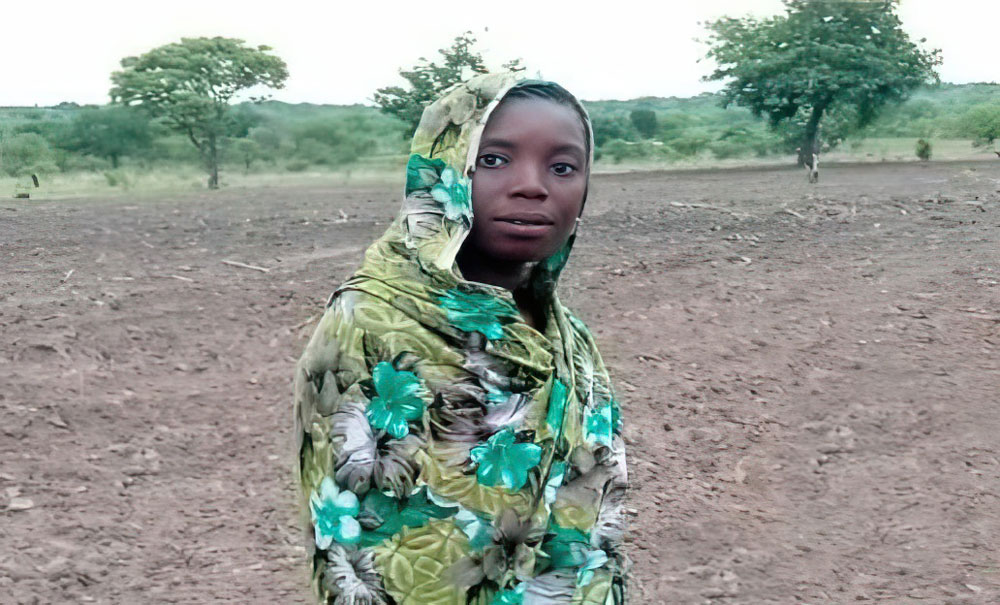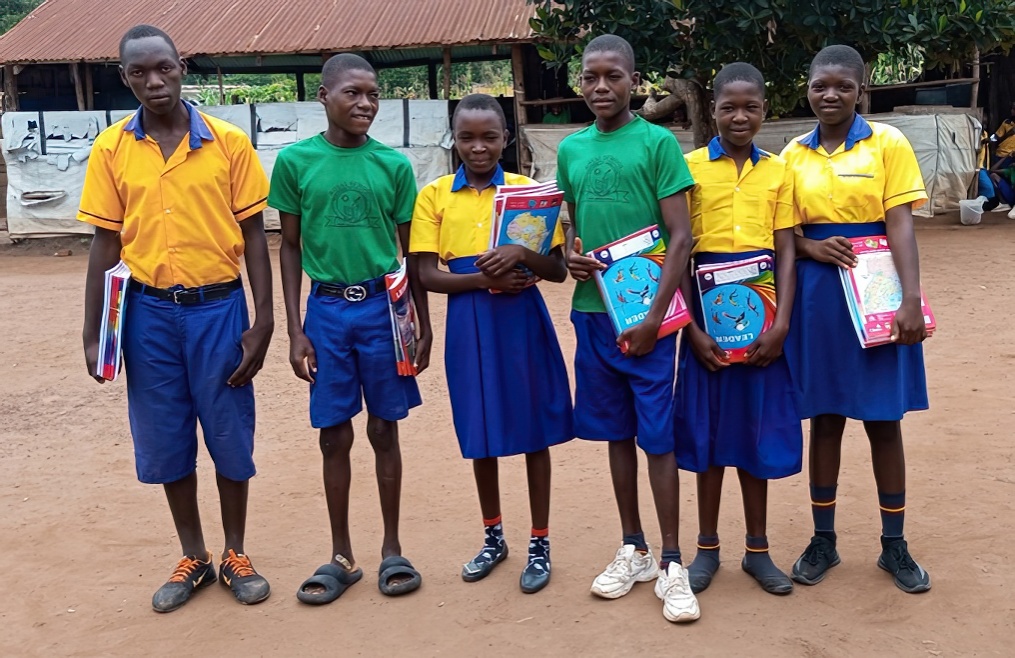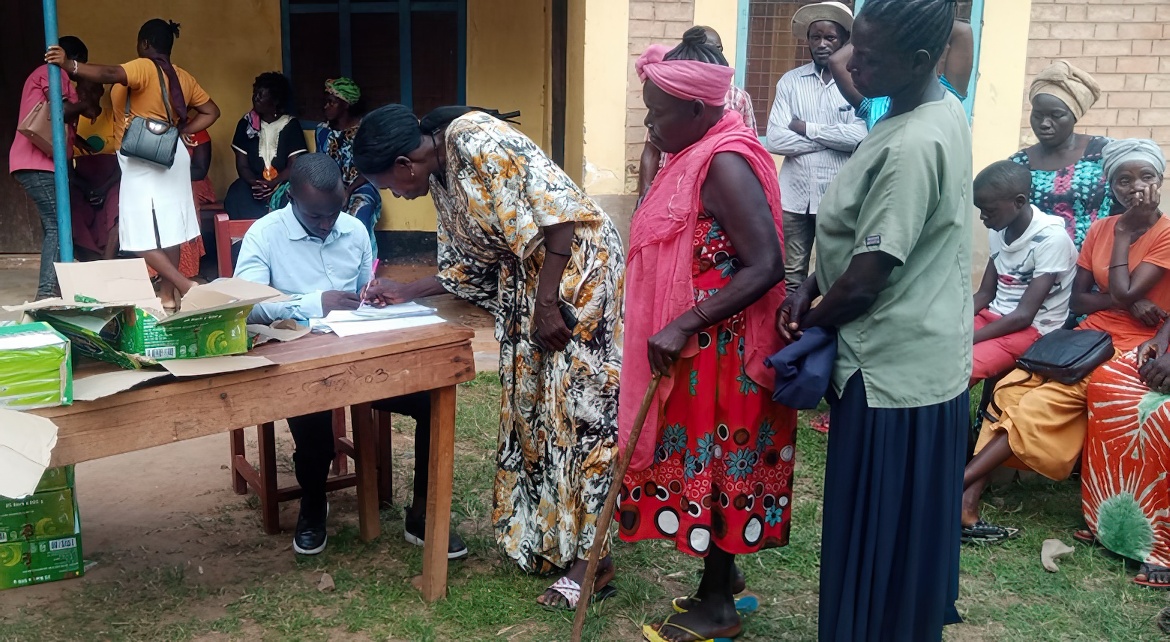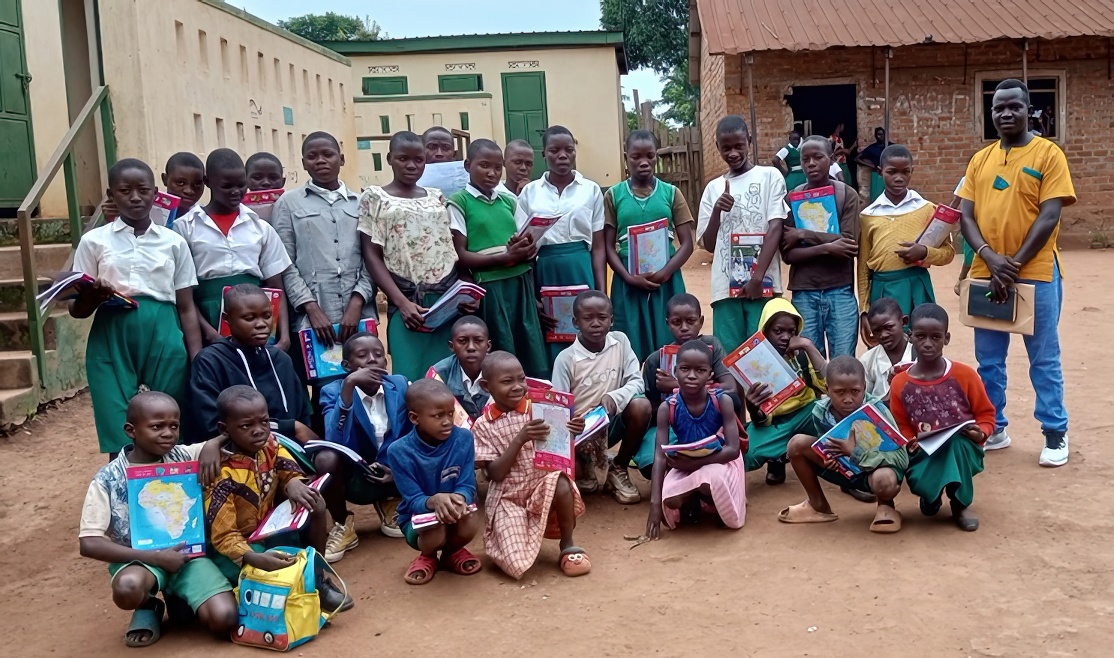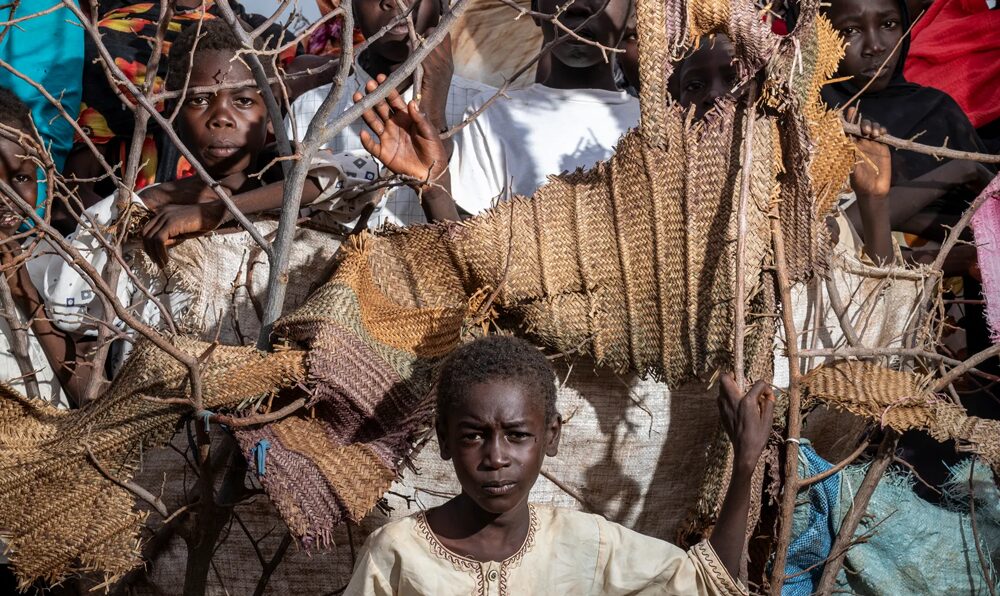
Escape From Khartoum: Snapshot of a Refugee Family
As the refugee crisis in Sudan continues to escalate, the number of displaced now exceeds a staggering 12 million people – families, widows, children, and elderly – all forced to flee their homes by a brutal and widespread civil war.
The number includes more than 3 million refugees who’ve fled into neighboring countries. Over half the displaced are children caught in the worst humanitarian crisis in our world today.
We hear the term “refugee” so often it can become ambiguous. But behind each person bearing that label is a face, a name, a life that was interrupted or shattered.
Wanis and Intisar are such lives. Parents of seven children, they lived a modest but decent life in Sudan’s capital city of Khartoum. That was before the violence erupted that would decimate their city and thrust the family into the nightmare of war.
Wanis worked as a courier at the airport – a job that paid the bills, with just a little bit extra. No one in his family went hungry. He and his wife both came to Khartoum from the Nuba Mountain region, but nine years apart.
For Wanis it was love at first sight when he met Intisar. But he had to wait several months to travel with her to the Nuba Mountains to meet her parents and ask their permission to marry. He brought a dowry of cows, goats, and a modest amount of cash. They agreed, and a wedding ceremony was performed that weekend. The newlyweds stayed up all night dancing, and left the next day for their new life together.
It was 23 years and seven children later for the couple when the civil war broke out that threw their lives into chaos. Their family was known in the community for having two sets of twins. Their oldest son was just about the age to leave home and seek his own work life. Intisar felt like they lived well in their brick house with two verandas and a flat screen TV. She especially loved the fans, and her collection of figurines.
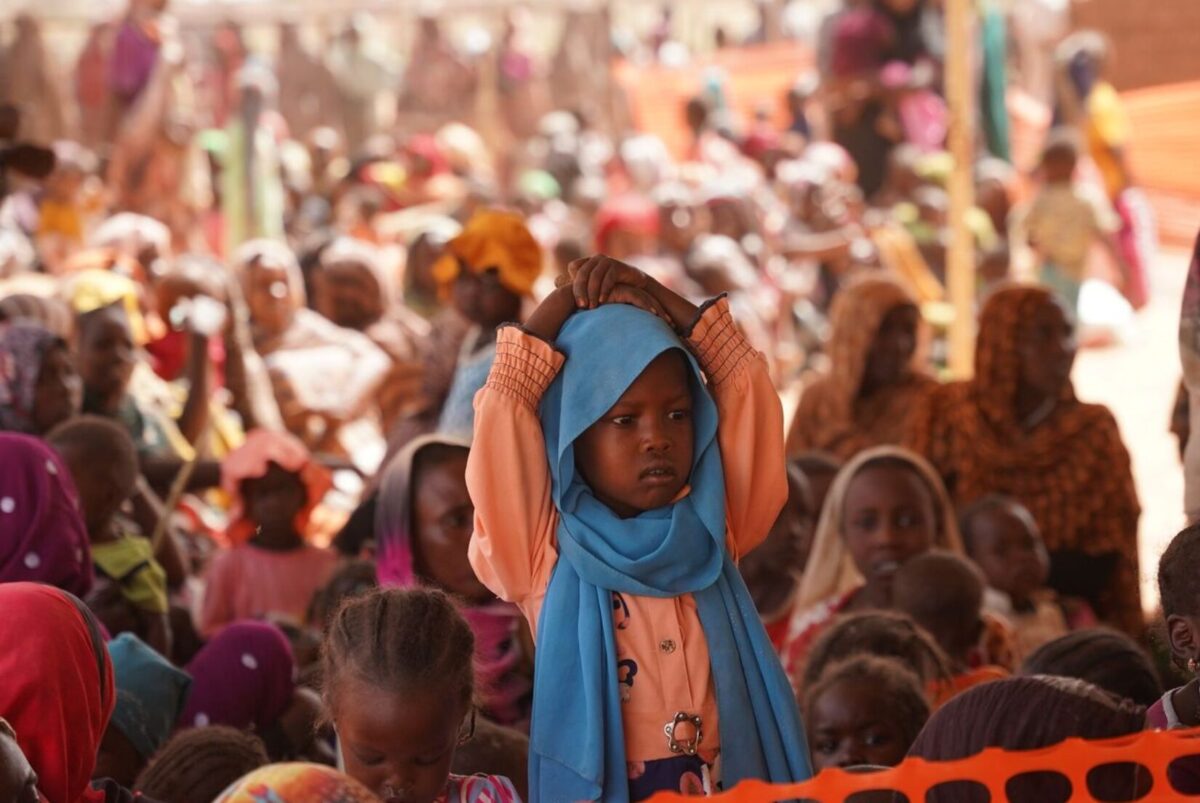
That day in April of 2023 changed everything. Wanis was across town visiting a relative in the hospital when clouds of smoke appeared and warplanes began dropping bombs. He would have to cross back over the Nile River – a disputed hotspot from the start of the conflict – to get back home. Intisar worried for him all night. The family spent the hours huddled underneath beds, listening to the sound of artillery. He made it back the next day after paying exorbitant transportation fees to a minibus driver.
Wanis knew their chances of dying were high if they remained in the city. But bus fare to the Nuba Mountains, where the fighting hadn’t reached, would cost the equivalent of US $1,500 for a family of nine. He didn’t have it.
The next day the family attended their Christian church, as the sound of distant artillery intermittently interrupted the message. When they returned home, they turned on their TV for news of the war, to learn most of the city had been destroyed, lost to the Rapid Support Forces (R.S.F.) who initiated the attack against the government’s Sudanese Armed Forces (S.A.F.).
It wasn’t long before militia began randomly attacking houses, looting, shooting, and assaulting. Food became scarce. It was dangerous to go out to find any. Wanis and Intisar knew they had to get out. But how?
In desperation, Wanis contacted his former boss and good friend, who no longer lived in the area. When he learned Wanis and his family were trapped in the city, he agreed to wire funds for the bus tickets. It was risky leaving the house to make the transaction, but Wanis saw no other way. He picked his way carefully through the streets, and successfully received the money transfer.
The family boarded an overcrowded bus at dawn with just two suitcases, leaving behind all the rest of their belongings. It broke Intisar’s heart, but she knew it was necessary. She wondered if they would ever come back and see their home again.
The trip was rife with dangers and terrors of its own – surprise stops by militia where men were searched and randomly beaten. Checkpoints where soldiers stole passengers’ valuables. By the time the family made it to the Nuba Mountains they had nothing left – no money, no suitcases, only the clothes they wore.
The bus dropped them off at a camp for displaced people, where they joined thousands of others. It had been two days since they’d eaten. But seeing the mountains where they spent their youth brought Wanis and Intisar a small sense of comfort.
UPDATE …. Wanis and Intisar and their seven children are living in the refugee camps of Nuba. They struggle now with the famine that plagues the entire region. The onset of an estimated 700,000 to one million people has exhausted the meager food supply. Aid deliveries mean the difference between life and death now. For the time being, the family has exchanged one deadly threat for a new one. Read the full story here.

